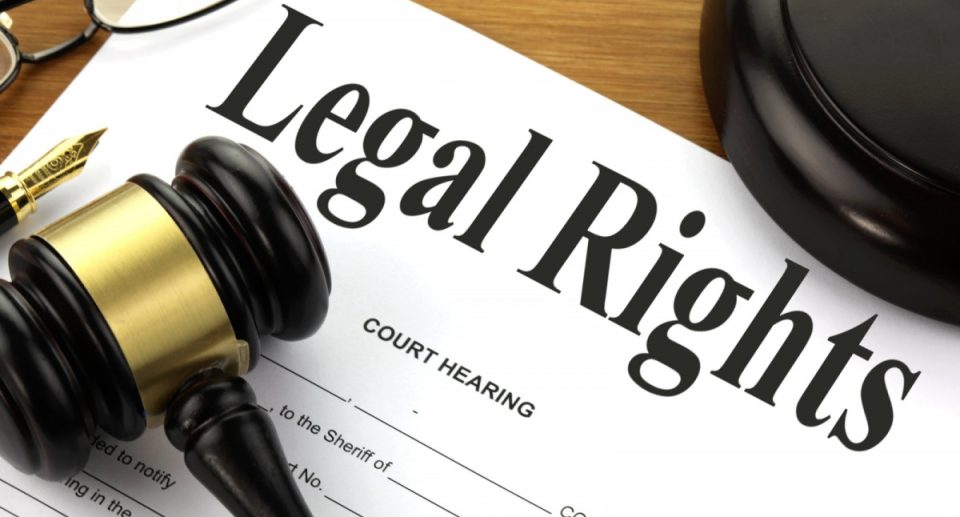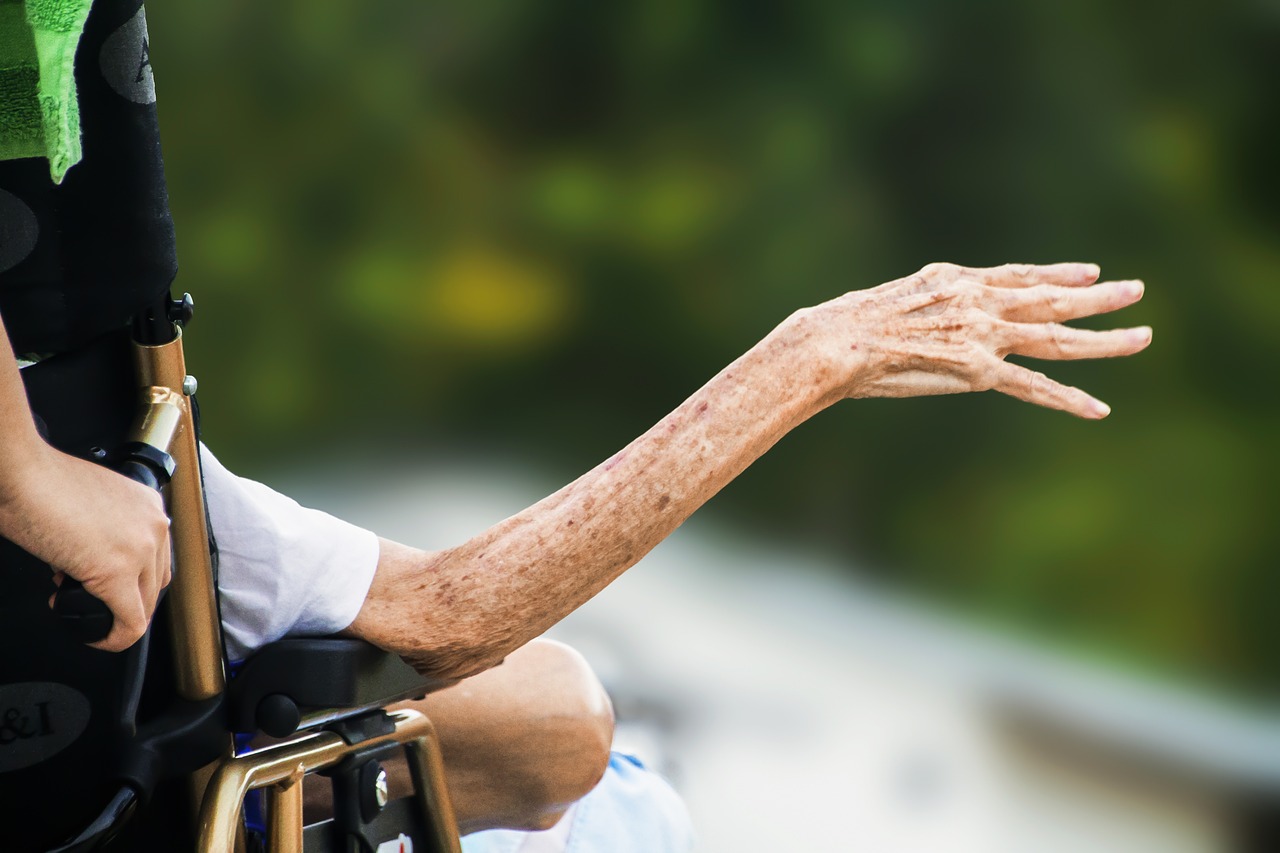What Are the Most Common Legal Issues Faced by Seniors?

As people age, they may encounter a variety of legal issues that require careful consideration and planning. Understanding these issues can help seniors and their families make informed decisions and protect their rights. Here are some of the most common legal issues faced by seniors and how to address them effectively.
1. Estate Planning

Wills and Trusts
Creating a will or trust is crucial for determining how one’s assets will be distributed after death. A will outlines the distribution of property and can specify guardianship for minor children, while a trust can manage assets during one’s lifetime and after death.
- Steps to Take: Consult with an estate planning attorney to draft or update a will or trust. Consider both wills and trusts based on your needs and estate size.
- Benefits: Ensures that your assets are distributed according to your wishes and can help avoid probate court.
Power of Attorney
A power of attorney (POA) designates a person to make financial or legal decisions on your behalf if you become incapacitated. There are different types of POA, including durable and medical.
- Steps to Take: Choose a trusted individual to act as your agent and consult with an attorney to create a POA document.
- Benefits: Provides clear instructions for managing your affairs if you are unable to do so yourself.
Healthcare Proxy
A healthcare proxy appoints someone to make medical decisions on your behalf if you are unable to communicate your wishes. This is often included in an advance directive or living will.
- Steps to Take: Discuss your healthcare preferences with your chosen proxy and have an attorney draft a healthcare proxy document.
- Benefits: Ensures that your medical care aligns with your preferences and provides guidance to healthcare providers.
2. Elder Abuse and Neglect

Types of Abuse
Elder abuse can take various forms, including physical abuse, emotional abuse, financial exploitation, and neglect. Recognizing the signs of abuse and taking action is crucial for protecting seniors.
- Steps to Take: Be vigilant for signs of abuse, such as unexplained injuries, changes in behavior, or sudden financial issues. Report suspected abuse to local authorities or adult protective services.
- Benefits: Helps protect seniors from harm and ensures they receive appropriate care and support.
Legal Recourse
Seniors who have experienced abuse or neglect may have legal options for seeking justice and compensation. This may involve filing a lawsuit or seeking protective orders.
- Steps to Take: Consult with an attorney specializing in elder law or abuse cases to explore legal options.
- Benefits: Provides a path to justice and may result in compensation or improved care conditions.
3. Guardianship and Conservatorship

Guardianship
Guardianship involves appointing someone to make personal and medical decisions for a senior who is unable to do so. This is often necessary when an individual lacks the capacity to make their own decisions.
- Steps to Take: File a petition with the court to request guardianship. The court will evaluate the senior’s capacity and the suitability of the proposed guardian.
- Benefits: Ensures that decisions are made in the best interest of the senior and provides a legal framework for managing their affairs.
Conservatorship
Conservatorship involves appointing someone to manage a senior’s financial affairs if they are unable to do so. This may include managing investments, paying bills, and handling other financial matters.
- Steps to Take: Apply to the court to become a conservator. The court will review the need for conservatorship and the proposed conservator’s qualifications.
- Benefits: Provides legal authority to manage financial matters and helps protect the senior’s assets.
4. Social Security and Retirement Benefits

Eligibility and Claims
Seniors often need assistance with understanding and claiming Social Security benefits, including retirement, disability, and survivor benefits. Changes in income or work status can affect eligibility and benefit amounts.
- Steps to Take: Review your Social Security statement, consult with a financial advisor, or contact the Social Security Administration for guidance on claiming benefits.
- Benefits: Ensures you receive the benefits to which you are entitled and helps with retirement planning.
Benefit Disputes
Disputes may arise regarding the amount of Social Security benefits or eligibility for additional benefits. Resolving these disputes may require legal assistance or appeals.
- Steps to Take: Gather documentation, contact the Social Security Administration, and consider consulting with a legal expert specializing in Social Security issues.
- Benefits: Helps resolve disputes and ensures accurate benefit payments.
5. Housing and Living Arrangements

Evictions and Lease Issues
Seniors living in rental properties may face issues such as eviction, disputes with landlords, or difficulty accessing affordable housing. Understanding tenant rights and protections is crucial.
- Steps to Take: Review your lease agreement, understand tenant rights, and seek legal advice if facing eviction or disputes.
- Benefits: Protects your housing stability and ensures landlords treat you fairly.
Assisted Living and Long-Term Care
Choosing the right assisted living or long-term care facility involves understanding contracts, rights, and responsibilities. Seniors may face issues related to care quality, billing, or facility compliance.
- Steps to Take: Research facilities, review contracts carefully, and consult with an attorney specializing in elder care if issues arise.
- Benefits: Ensures that care facilities meet your needs and that you understand your rights as a resident.
6. Consumer Protection

Financial Exploitation
Seniors are often targets for financial scams and fraud. Protecting oneself from scams involves understanding common schemes and safeguarding personal information.
- Steps to Take: Be cautious of unsolicited offers, regularly review financial statements, and report suspicious activity to authorities.
- Benefits: Reduces the risk of financial loss and ensures the security of personal assets.
Contract Disputes
Seniors may encounter issues with contracts for goods or services, such as home repairs or insurance. Understanding your rights and seeking resolution is important for fair treatment.
- Steps to Take: Review contract terms carefully, document issues, and seek legal advice if disputes cannot be resolved directly.
- Benefits: Protects against unfair practices and ensures that contractual agreements are honored.
7. End-of-Life Issues

Advance Directives and Living Wills
Advance directives and living will outline preferences for medical treatment and end-of-life care. These documents help ensure that your wishes are followed.
- Steps to Take: Create or update advance directives and living wills with the help of an attorney. Share copies with family members and healthcare providers.
- Benefits: Provides clear instructions for medical care and reduces family disputes over treatment decisions.
Funeral and Burial Arrangements
Planning for funeral and burial arrangements in advance can help alleviate the burden on loved ones and ensure that your wishes are honored.
- Steps to Take: Prearrange funeral services, discuss plans with family and document your wishes clearly.
- Benefits: Reduces stress on family members and ensures that funeral arrangements align with your preferences.
Conclusion
Seniors face a range of legal issues that require careful consideration and planning. By addressing estate planning, elder abuse, guardianship, retirement benefits, housing, consumer protection, and end-of-life issues, seniors can navigate these challenges effectively and safeguard their rights. Seeking professional legal advice and staying informed about legal matters can help ensure that seniors make well-informed decisions and enjoy a secure and fulfilling life.





